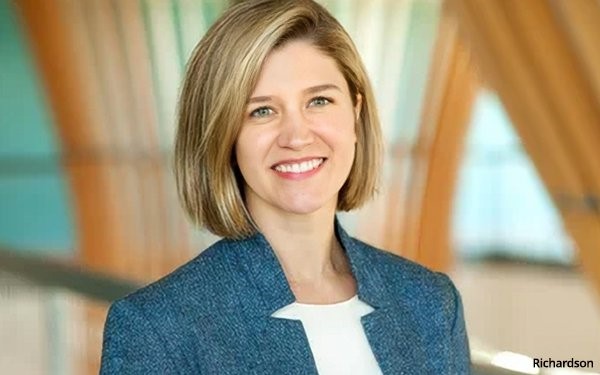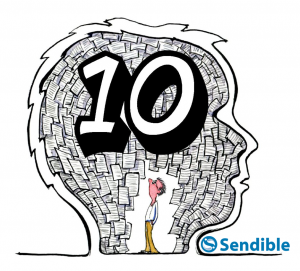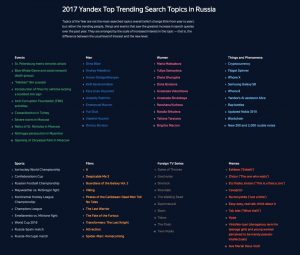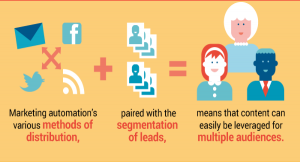Google Joins C2PA Steering Committee, Adobe General Counsel Calls It ‘Major Milestone’

Google will join Adobe, Meta, Microsoft and others as a steering committee member to support a standard aimed at labeling content and media.
Technology from an organization co-founded by executives at Adobe, Arm, BBC, Intel, Microsoft, and Truepic in 2022 identifies the origin of the image or video, when and how it was created, and the credibility of its source.
The Coalition for Content Provenance and Authenticity (C2PA) is an open technical standard supporting publishers, creators, and consumers who consume content. As a steering committee member, Google will collaborate to develop the technical standard for Content Credentials.
“A critical part of our responsible approach to AI involves working with others in the industry to help increase transparency around digital content,” Laurie Richardson, vice president of trust and safety at Google, said in a statement. “This is why we are excited to join the committee and incorporate the latest version of the C2PA standard.”
Richardson said this builds on Google’s work with its subsidiaries such as Google DeepMind’s SynthID, Search’s About this Image and YouTube’s labels denoting content that is altered or synthetic.
Coalition members believe the best way to combat misinformation is to provide consumers with context about how it was created and edited.
It’s a battle to label digital content as AI generative, but Dana Rao, general counsel and chief trust officer at Adobe and co-founder of the C2PA, believes it’s all about supporting content creation and protecting against the threat of misusing and inaccurate information. He called the addition of Google to the committee a “pivotal milestone” in the collective effort to combat misinformation.
Next steps become critical for digital content and the entire advertising industry with the rise of artificial intelligence (AI). The group will develop a global standard to proliferate the technology and minimize consumer confusion about how they should interpret content.
In a world where all digital content could be fake, the world needs a way to prove what’s true. The C2PA’s Content Credentials, which acts like a nutrition label for digital content, provides the context around the content we consume, and gives us the tools we need to decide what to trust.
The evolution of AI technology has made it possible to automate all types of tasks including editing images. It puts synthetic media in the hands of millions of people, and that has opened the door to creative endeavors as well as more nefarious efforts including disinformation and sexual abuse.
In late January, X paused some searches for Taylor Swift, dubbing them as pornographic deepfake images of the singer have circulated online. Attempts to search for her name without quote marks on the site Monday resulted in an error message and a prompt for users to retry their search, which added, “Don’t fret — it’s not your fault.” Putting quote marks around her name, however, allowed posts to appear that mentioned her name, according to Associated Press.
(3)






